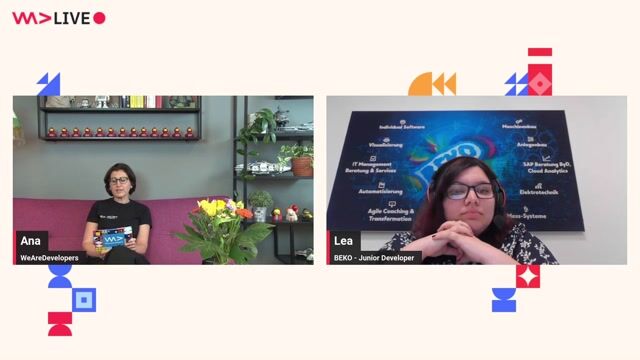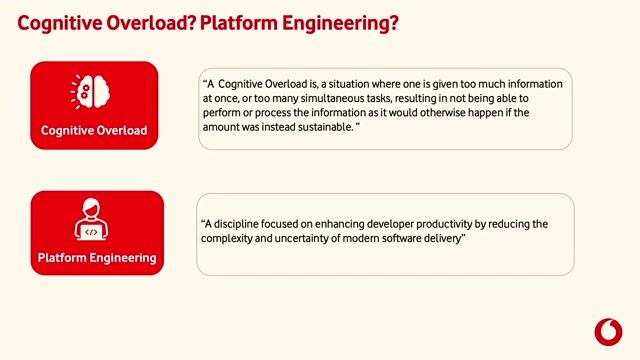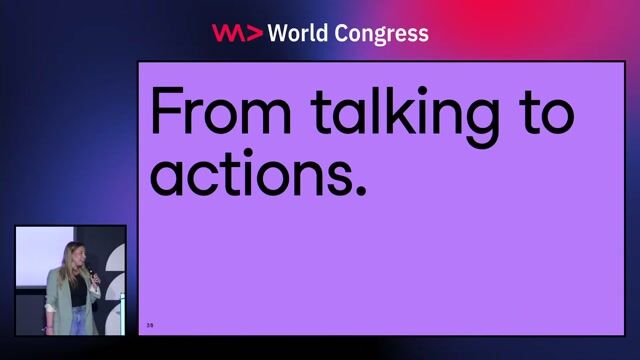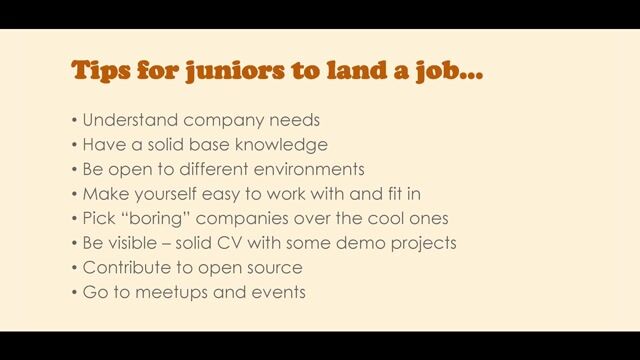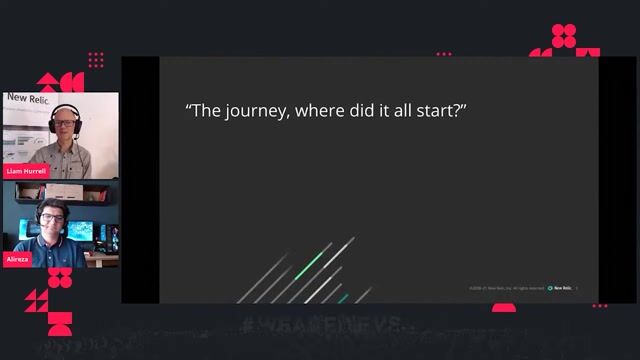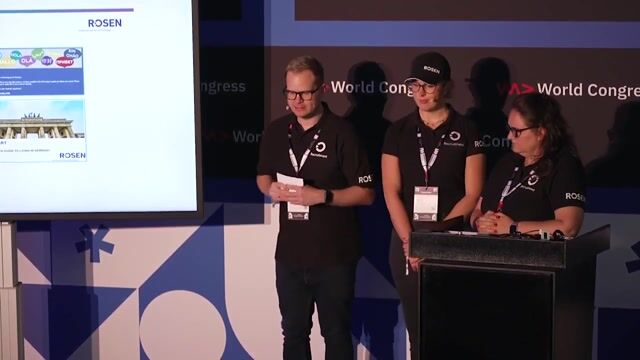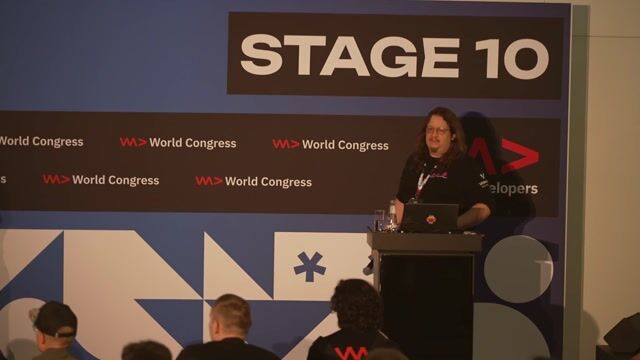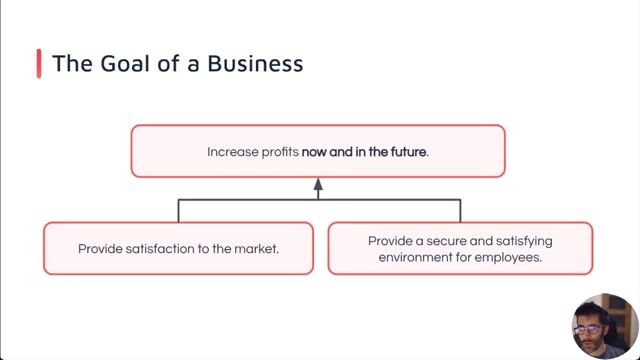2nd Line IT Support
Role details
Job location
Tech stack
Job description
We are currently recruiting for a Second Line IT Support Technician. The role will be responsible for providing advanced technical assistance to end users, supporting the resolution of incidents and service requests escalated from the first line support team. This role requires a solid understanding of IT systems, outstanding problem-solving abilities, and the capacity to work efficiently under pressure to maintain high levels of customer satisfaction.
Second Line IT Support Technician Duties:
· Respond to and resolve basic and complex technical incidents and service requests from users, ensuring timely and effective solutions.
· Diagnose and troubleshoot hardware, software, network, and system issues, both remotely and on-site as required.
· Install, configure, and maintain IT infrastructure including desktops, laptops, mobile devices, printers, and network equipment.
· Document all resolution activities in the service management system, ensuring accurate and up-to-date records.
· Collaborate with third party vendors and escalate issues when necessary to ensure prompt resolution.
· Assist with the deployment of software updates, patches, and security measures across the organisation.
· Contribute to the development and continual improvement of IT support processes and documentation.
· Participate in IT projects, including system upgrades, rollouts, and migrations as directed by IT management.
· Maintain compliance with organisational policies and procedures, including data protection and information security standards.
Requirements
Do you have experience in macOS?, · Proven experience in an IT support role, preferably within a second line or similar capacity.
· Strong knowledge of Windows and/or Mac operating systems, Microsoft 365, and common business applications.
· Experience troubleshooting network issues (LAN, WAN, Wi-Fi, VPN) and basic server administration.
· Excellent communication and interpersonal skills, with the ability to explain technical concepts to non-technical users.
· Strong organisational skills and the ability to prioritise workload effectively.
· Relevant IT certifications (e.g., CompTIA, Microsoft, Cisco) are desirable but not essential.
